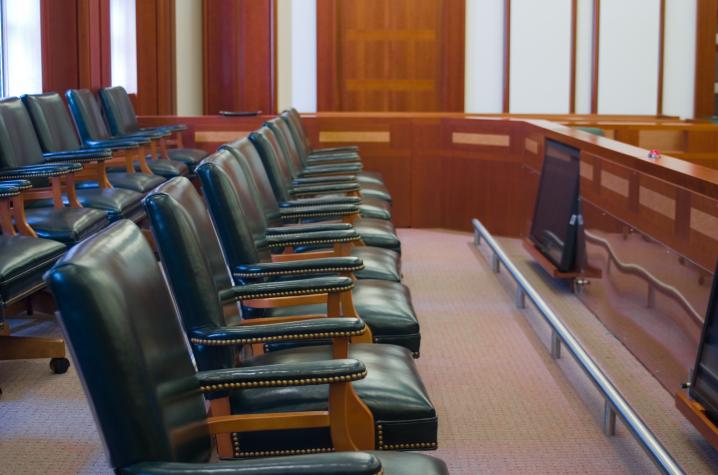Kentucky Law Journal Announces Symposium on 30-Year History of Batson v. Commonwealth

LEXINGTON, Ky. (Oct. 31, 2016) — On Friday, Nov. 4, the Kentucky Law Journal, in conjunction with the University of Kentucky College of Law, will host “30 Years of Batson: A Retrospective.” The symposium will take place in the UK Law Courtroom and is open to the public.
Featuring the nation's top scholars, the program will focus on the 30-year history of Batson v. Commonwealth. In the case, the United States Supreme Court ruled that a prosecutor's use of peremptory challenge in a criminal case (the dismissal of jurors without stating a valid cause for doing so) cannot be used to dismiss jurors based on their race. The court ruled that this practice violated the Equal Protection Clause of the 14th Amendment. Subsequent jurisprudence has resulted in the extension to civil cases and cases where jurors are dismissed based on their sex.
Speakers for the two-day symposium include:
- Stephen Bright, president and senior counsel at the Southern Center for Human Rights and visiting lecturer at Yale Law School;
- Christia Spears Brown, professor at the University of Kentucky;
- Catherine Grosso, professor at Michigan State University College of Law;
- Joe Gutmann, Central High School Law and Government Magnet coordinator and adjunct faculty member at the University of Louisville;
- Nancy Marder, professor at Chicago-Kent College of Law;
- David Niehaus, adjunct lecturer at the University of Louisville;
- Barbara O'Brien, professor at Michigan State University College of Law; and
- Mark Peffley, professor at the University of Kentucky.
In addition to presenters discussing the history of Batson, students and activists will be asked to participate by posing questions throughout the symposium. To learn more about the program or to register, visit www.kentuckylawjournal.org/index.php/symposium/. This program is accredited by the Kentucky Bar Association Commission on Legal Education for a total of 3.75 hours of CLE (continuing legal education) credit.




